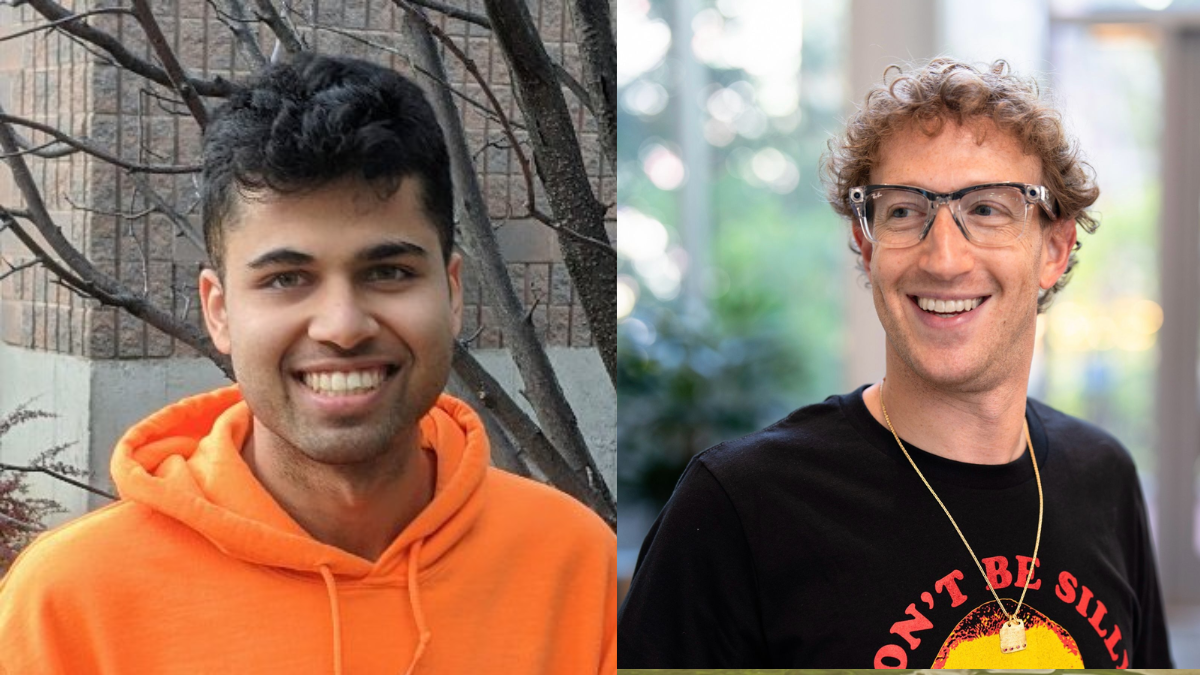Introduction
The global AI industry has been buzzing after Rishabh Agarwal, one of India’s brightest AI researchers, stepped down from Meta’s Superintelligence Labs merely five months into his role. Despite being hired at a million-dollar salary, Agarwal’s decision highlights the evolving priorities of top AI talent and the competitive landscape between big tech companies like Meta and OpenAI.
Who is Rishabh Agarwal?
- Educational Background: An alumnus of IIT Bombay, Rishabh went on to pursue a PhD at Mila–Quebec AI Institute, one of the world’s leading centers for artificial intelligence.
- Career Achievements: Before Meta, he worked at Google Brain and DeepMind, where he contributed to cutting-edge AI advancements in reinforcement learning, post-training methods, and intelligent decision-making systems.
- Global Recognition: Over the past 7+ years, he has built a strong reputation as a researcher driving innovation in deep learning and neural networks.
Journey at Meta Superintelligence Labs
Meta launched its Superintelligence Labs (MSL) to compete with leaders like OpenAI and Anthropic. In April 2025, Rishabh Agarwal was brought on board as part of an elite team of researchers, with access to vast compute power and resources. His focus was on post-training “thinking” models—systems designed to push the boundaries of reasoning and general intelligence.
However, despite the resources and prestige, Agarwal chose to step down within five months.
Why Did He Quit?
On August 25, 2025, Rishabh publicly announced his resignation. He described it as a “tough decision”, acknowledging the brilliance of the Meta research team but emphasizing his desire for a different kind of risk after 7.5 years in high-intensity research roles.
Interestingly, he referenced Mark Zuckerberg’s own philosophy:
“In a world that’s changing so fast, the biggest risk you can take is not taking any risk.”
This statement hints that Agarwal may be exploring entrepreneurial ventures, independent research, or other innovative opportunities beyond corporate labs.
A Trend of Talent Exodus from Meta
Rishabh Agarwal’s exit is not an isolated case. Other leading researchers, such as Avi Verma and Ethan Knight, have also left Meta’s Superintelligence Labs in recent months, with some moving to OpenAI.
This points to a larger trend of AI talent migration, as researchers weigh compensation against creative freedom, research impact, and organizational culture.
What This Means for the AI Industry
- Intense Talent Wars: Big tech firms are competing fiercely to attract and retain top AI minds.
- Shift Towards Independence: Many researchers are looking for more creative freedom and risk-taking opportunities outside large corporate structures.
- Meta’s Challenge: Despite high salaries and resources, Meta may struggle to retain elite researchers if cultural or strategic factors don’t align with individual ambitions.
Conclusion
Rishabh Agarwal’s departure from Meta after just five months underscores the dynamic nature of AI research careers. His journey—from IIT Bombay to Google Brain, DeepMind, and Meta—reflects the aspirations of a new generation of AI leaders who are not just driven by money but also by purpose, challenge, and long-term impact.
The coming months will reveal where Agarwal directs his expertise next—but one thing is certain: his work will continue to shape the global AI landscape.
